Urgent need to diversify may result in successful startups
THIS ARTICLE ORIGINALLY APPEARED IN THE OTAGO DAILY TIMES ON 22 APRIL 2020
The urgent need to diversify the Queenstown Lakes District economy from tourism and construction following the Covid-19 crisis could result in the development of some successful start-up companies, the new chief executive officer of Startup Queenstown Lakes says.
Olivia Wensley said times of adversity were ‘‘real pressure cookers for startups’’ and it was when the most successful ones were often made.
Air B&B and Uber were formed in the last recession and already she was seeing ‘‘some great innovation’’ in the region.
Contact tracing companies were ‘‘appearing from nowhere’’ and were impressive, she said.
A team led by former Startup Queenstown Lakes CEO James Burnes was about to launch Safer Lines, a queue management software for retailers, in the United States this week.
Ms Wensley started in the job just seven weeks ago, before the Covid-19 crisis, and said the total scope of her role had to change from one of focusing on growth and scaling to one of recovery.
‘‘Instead of focusing on what we had, we are taking a totally new approach because it is a new world now.’’
‘‘To use a startup word or tech word, it really is a pivot,’’ she said.
Part of that new approach was working with the council’s Economic Development Unit to create a ‘‘recovery incubator’’.
‘‘What we are doing is identifying some of the biggest issues the region is facing and we are going to be giving resources and help secure funding for innovative ideas that come out of creating solutions to those problems,’’ she said.
Despite the change of direction, the vision of attracting entrepreneurs to the region remained the same, she said.
‘‘The region is still a very attractive place to live and in the post-Covid world New Zealand will be perceived as a safe haven especially following how well our Government has handled the crisis.
‘‘So, I think we can really leverage that and attract some really exciting talent to the region,’’ she said.
In Southland, innovators and small businesses have also joined forces in the hopes communities and their economies would survive the crisis.
Over the weekend, Southland entrepreneur Cam Richardson took part in the Hack the Crisis 48-hour online challenge.
He was one of more than 950 innovators from across the country trying to come up with solutions on how to help communities through Covid-19.
The founder of food business Souper Natural pitched a proposal to create a “smart’’, low-contact vending machine.
The idea was the result of working with a virtual team of four whom he did not know, something he described as trying.
The machine would provide access where food was harder to source, supermarkets further away and food was at a premium, he said. — Additional reporting Abbey Palmer
